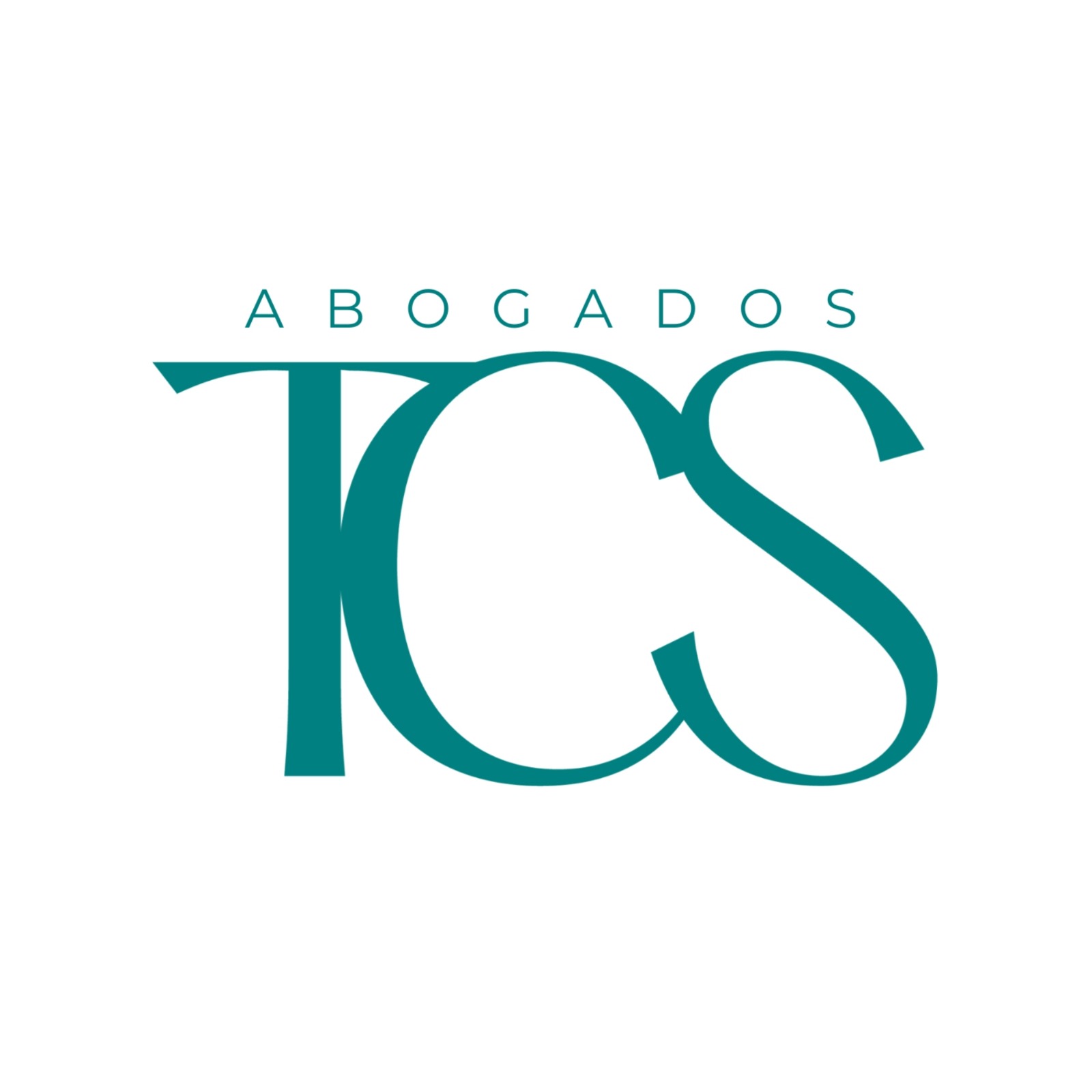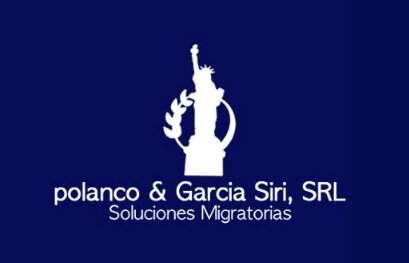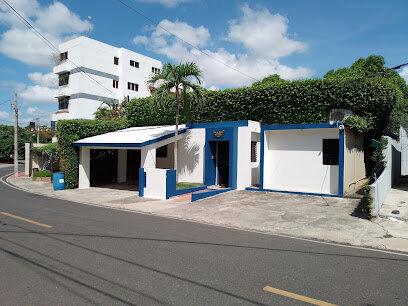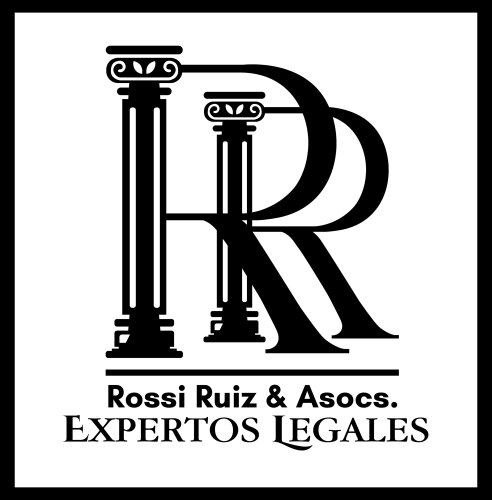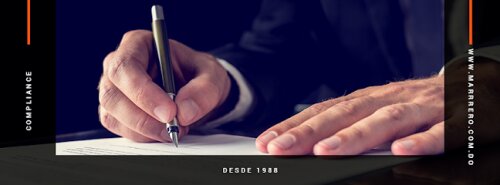Best Education Law Lawyers in Dominican Republic
Share your needs with us, get contacted by law firms.
Free. Takes 2 min.
Or refine your search by selecting a city:
List of the best lawyers in Dominican Republic
About Education Law in Dominican Republic
Education Law in the Dominican Republic encompasses the regulation, administration, and functioning of educational institutions and services in the country. The legal framework is principally guided by the General Education Law No. 66-97, which outlines the rights and obligations of both the educational entities and the individuals. This legislation ensures the provision of free and compulsory education at the primary level and establishes guidelines to maintain and enhance the quality of education across all levels, including secondary and higher education. The Ministry of Education is the primary body responsible for executing these laws and ensuring accessibility, quality, and equity in the educational system.
Why You May Need a Lawyer
Individuals and institutions may require a lawyer specializing in Education Law for several reasons:
- Dispute Resolution: Handling conflicts between students, parents, and educational institutions, such as disciplinary actions, academic grievances, or breaches of educational rights.
- Compliance Issues: Assisting educational institutions with understanding and adhering to local education laws and regulations.
- Policy Development: Advising schools and universities on legal matters regarding policy formation and implementation.
- Special Education Needs: Addressing the rights and obligations of institutions in accommodating students with special educational needs.
- Employment Matters: Representing teachers and staff in employment-related issues, including contracts, work conditions, and disputes.
Local Laws Overview
Several key aspects of local laws are particularly pertinent to Education Law in the Dominican Republic:
- General Education Law No. 66-97: This is the cornerstone law regulating the entire education system, it establishes the framework for governance, oversight, and accountability.
- Regulations for Private Educational Institutions: Rules that govern the establishment and functioning of private schools, ensuring they meet statutory standards.
- Special Education Policies: Guidelines ensuring the inclusion and proper educational support for students with disabilities or special needs.
- Teacher Certification and Qualification Laws: Legal requirements for teacher training, certification, and continuing education to maintain teaching standards.
- Child Protection and Rights Laws: Legislation ensuring the safeguarding of children within the educational setting, preventing abuse, and ensuring their rights are respected.
Frequently Asked Questions
What is the age range for compulsory education in the Dominican Republic?
Education is compulsory from ages 5 to 14, covering primary and lower secondary education.
Are there legal protections for students with disabilities?
Yes, there are specific provisions under the National Plan for Education to ensure students with disabilities receive accommodations to aid their learning.
Can international qualifications be recognized in the Dominican Republic?
Yes, but they must be officially validated by the Ministry of Education or pertinent educational authorities.
How can a student appeal a disciplinary action?
Students or their guardians can file an appeal through designated channels within the educational institution, and if necessary, engage legal assistance.
What legal provisions are there for homeschooling?
Homeschooling is permitted but is regulated to ensure that educational standards are met. Approval from relevant educational authorities is necessary.
How are educational institutions held accountable for quality standards?
The Ministry of Education regularly conducts assessments and compliance checks to ensure institutions adhere to educational standards set by law.
What are the legal requirements for establishing a private school?
Founders must comply with specific statutory requirements, including facility standards, curriculum approvals, and teacher qualifications.
Are there legal measures to prevent bullying in schools?
Yes, schools are mandated to implement anti-bullying policies and procedures to protect students' well-being.
What rights do teachers have under Dominican law?
Teachers have the right to fair employment practices, professional development, and legal recourse in cases of disputes or contract violations.
How are disputes regarding school fees handled?
Such disputes can be resolved through negotiation with the institution or through legal action if necessary, guided by contractual agreements and statutory regulations.
Additional Resources
The following resources can provide further assistance and information:
- Ministry of Education: Central authority for all matters related to education policy and law.
- National Council for Special Education: Offers guidance on inclusive education for students with special needs.
- Legal Aid Services: Various organizations offer free or subsidized legal advice and representation.
- Educational Rights Organizations: NGOs focusing on educational advocacy and rights protection.
Next Steps
If you require legal assistance in Education Law, consider taking the following steps:
- Identify and document the specific issues you are facing within your educational context.
- Research and reach out to attorneys with experience in Education Law in the Dominican Republic.
- Consult with legal aid organizations that may offer preliminary advice at little to no cost.
- Prepare all relevant documentation, including correspondence and contracts related to the issue.
- Arrange consultations with potential lawyers to discuss your concerns and evaluate their expertise.
Lawzana helps you find the best lawyers and law firms in Dominican Republic through a curated and pre-screened list of qualified legal professionals. Our platform offers rankings and detailed profiles of attorneys and law firms, allowing you to compare based on practice areas, including Education Law, experience, and client feedback.
Each profile includes a description of the firm's areas of practice, client reviews, team members and partners, year of establishment, spoken languages, office locations, contact information, social media presence, and any published articles or resources. Most firms on our platform speak English and are experienced in both local and international legal matters.
Get a quote from top-rated law firms in Dominican Republic — quickly, securely, and without unnecessary hassle.
Disclaimer:
The information provided on this page is for general informational purposes only and does not constitute legal advice. While we strive to ensure the accuracy and relevance of the content, legal information may change over time, and interpretations of the law can vary. You should always consult with a qualified legal professional for advice specific to your situation.
We disclaim all liability for actions taken or not taken based on the content of this page. If you believe any information is incorrect or outdated, please contact us, and we will review and update it where appropriate.
Browse education law law firms by city in Dominican Republic
Refine your search by selecting a city.



